Instagram stands out as an excellent tool for real estate agents because of its visually appealing platform and robust user engagement.
It’s a great place to showcase your brand, plus many realtors successfully leverage it for lead generation. That’s especially true for agents in the luxury real estate space or with ideal clients in Gen Z, Millennials, and even Gen X.
This guide covers everything from setting up your account to generating leads and boosting your SEO. Plus so much more.
Why Instagram for Realtors?
Instagram offers unparalleled opportunities for realtors due to its high engagement rates and extensive user base. Utilizing Instagram can significantly boost your visibility and engagement with potential clients.
- High Engagement: Instagram’s engagement rate is four times higher than Facebook’s.
- Massive User Base: Over 1 billion active users.
- Young Audience: 71% of users are young adults.
- Daily Usage: Users spend an average of 53 minutes per day on the platform.
- Discovery Platform: 83% of users discovered a new product or service on Instagram.
- Business Following: Half of the users follow at least one business.
Setting Up Your Instagram Account
Setting up your Instagram account correctly is essential for maximizing your marketing efforts.
A well-optimized account not only enhances your professional image but also makes it easier for potential clients to find and engage with you. Follow these detailed steps to set up your Instagram account for real estate success.
1. Create a Business Profile
Switching to a business profile is the first and most crucial step. A business profile offers access to valuable analytics, advertising tools, and features that are not available to personal accounts. Here’s how to do it:
- Step 1: Open the Instagram app and go to your profile.
- Step 2: Tap “Edit Profile.”Step 2: Tap “Edit Profile.”
- Step 3: Tap “Switch to Professional Account.”
- Step 4: Search categories that best describe your business like “Real Estate Agent,” turn on “Display on profile,” and tap “Done.”
- Step 5: Choose “Business” then follow the prompts to connect your account to your Facebook business page, if you have one.
2. Optimize Your Bio
Your bio is one of the first things visitors see, so make it count. A well-crafted bio should clearly convey who you are, what you do, and what makes you unique.
- Step 1: Tap “Edit Profile” on your Instagram profile.
- Step 2: In the “Bio” section, write a concise and engaging description. Include:
- Your full name and title (e.g., “Jane Doe, Realtor”).
- The specific area or city you serve (e.g., “Serving the San Francisco Bay Area”).
- A brief value proposition (e.g., “Helping you find your dream home”).
- Personal touches to show your personality (e.g., “Dog Lover | Coffee Enthusiast”).
- A brand hashtag if you have one (e.g., #JaneDoeRealty).
Analysis of 100 Top 1% Instagram Agent Usernames
After analyzing the usernames of the top real estate agents on Instagram, certain patterns and structures emerge that can be useful for new agents looking to create effective usernames. Here’s a detailed breakdown of these patterns:
Common Instagram Name Patterns
Here’s the common patterns and structures of Top Agent Instagram handles in simplified tables.
Full Name Integration
| Username Example | Pros | Cons |
|---|---|---|
| jamietian, jovoniehouston, destinyroxas, jonathanmogharrabi, sarahsayala | Simple, professional, easy to remember | Does not explicitly indicate the profession unless well-known |
Name + Profession
| Username Example | Pros | Cons |
|---|---|---|
| niacrawfordrealtor_, bryannsmithrealtor, natalierenna_realestate, realestatebyjanay, carrierealestate | Clearly indicates the profession, easy to find in searches | Can become lengthy if the name is long |
Unique or Personal Branding
| Username Example | Pros | Cons |
|---|---|---|
| yourfriendlyneighborhoodmoose, iamdominiquemichelle, agentbrowneyes, ijesslove | Unique and memorable, adds personality | Might not immediately indicate real estate, which could be confusing for new followers |
Initials + Profession or Surname
| Username Example | Pros | Cons |
|---|---|---|
| g_ginnetti, tiffanypantozzi, dorianxrodrigues | Short and easy to remember, professional | May not be as distinctive or immediately clear as full names or descriptive usernames |
Location-Based
| Username Example | Pros | Cons |
|---|---|---|
| julia.realtor.chicago, niacrawfordrealtor_, keriannkeriann | Helps in local search visibility, clearly defines the market area | None, this is always smart |
Business or Team Names
| Username Example | Pros | Cons |
|---|---|---|
| soominkimgroup, gogosrealestate | Good for branding, especially for teams or larger businesses | Less personal than using the agent’s name |
Suggested Username Structures for New Agents
| Suggested Structure | Example | Pros | Cons |
|---|---|---|---|
| [FirstNameLastNameRealtor] | JohnDoeRealtor | Professional, clearly indicates the profession, memorable | Slightly long if name is long |
| [FirstName_LastName_RealEstate] | Jane_Doe_RealEstate | Professional, clear, distinctive | Can be too long |
| [Initials+Surname+Realtor] | JDoeRealtor | Short and professional, easy to remember | May not be as distinctive |
| [CityNameRealtor] | LARealtorJohn | Great for local SEO, clearly defines market area | May not be available |
| [UniqueNicknameRealtor] | DreamHomeHunter | Highly memorable, stands out, personal touch | May not immediately indicate real estate |
| [TeamName] | TheDoeTeam | Good for branding teams or businesses, professional | Less personal |
Pro Tip: The hacks from How to Create the Perfect Google Business Title for Agents apply to your Instagram Business name. Find the perfect SEO-friendly name for you.
3. Add Contact Information
4. Set Up Action Buttons
Instagram business profiles can include action buttons like “Contact,” “Email,” or “Call,” making it simple for users to get in touch with you.
- Step 1: Go to “Edit Profile” and then “Contact Options.”
- Step 2: Tap “Add an action button” and select the appropriate action buttons you want to display.
- Step 3: Configure these buttons to link to your email, phone number, or booking platform.
5. Choose a Professional Profile Picture
Your profile picture is a visual representation of your brand. A professional headshot or a high-quality image of your agency’s logo works best.
- Step 1: Tap “Edit Profile” and then “Edit picture or avatar.”
- Step 2: Upload a professional headshot or logo. Ensure the image is clear and high-resolution.
- Step 3: Maintain consistency by using the same profile picture across all your marketing materials and online platforms.
Pro Tip: Check out 45 Tips for the Perfect Realtor Headshots (Professional and DIY).
6. Link to Your Website or Landing Page
Including a link in your bio is a critical step for driving traffic to your website or a specific landing page designed for lead generation.
- Step 1: In the “Edit Profile” section, enter your website URL in the “Links” field.
- Step 2: Consider using a service like Linktree to create a landing page with multiple links, directing visitors to various resources like your latest listings, blog posts, or contact forms.
7. Create Instagram Story Highlights
Story Highlights allow you to categorize and save important stories on your profile permanently, making it easy for visitors to access valuable content.
- Step 1: Post stories about your listings, client testimonials, market tips, and behind-the-scenes activities.
- Step 2: After posting a story, tap on “Highlight” at the bottom of the screen.
- Step 3: Create categories such as “Listings,” “Testimonials,” “Tips,” and “Neighborhoods.”
8. Utilize Instagram Analytics
Once your business profile is set up, regularly monitor Instagram Insights to track the performance of your posts and understand your audience better.
- Step 1: Post stories about your listings, client testimonials, market tips, and behind-the-scenes activities.
- Step 2: After posting a story, tap on “Highlight” at the bottom of the screen.
Step 3: Create categories such as “Listings,” “Testimonials,” “Tips,” and “Neighborhoods.”
- Step 4: Add relevant stories to each highlight category.
Key Metrics to Monitor
Instagram Insights provides a range of metrics that offer valuable information about your account’s performance. Here are the key metrics to focus on:
1. Overview Metrics:
- Accounts Reached: Number of unique users who have seen your posts.
- Content Interactions: Total number of likes, comments, saves, and shares.
- Total Followers: Total number of users following your account.
2. Audience Insights:
- Demographics: Information about your followers’ age, gender, and location.
- Active Times: Days and hours when your followers are most active.
3. Content Metrics:
- Post Performance: Number of likes, comments, saves, and shares for individual posts.
- Story Performance: Number of views, replies, and exits for each story.
- IGTV and Reels Performance: Engagement metrics specific to IGTV videos and Reels.
Utilizing Audience Insights
Understanding your audience helps you tailor your content to their preferences and behaviors.
- Demographics: Use demographic data to ensure your content is relevant to your audience’s age, gender, and location.
- Follower Growth: Monitor changes in your follower count to identify trends and the impact of specific campaigns or posts.
- Active Times: Schedule your posts when your audience is most active to increase engagement.
Optimizing Post Performance
Delve into individual post metrics to refine your content strategy.
- Content Type Analysis: Compare performance across different types of posts (photos, videos, carousels) to see what works best.
- Hashtag Performance: Experiment with different hashtags and track their impact on reach and engagement. Use Insights to see which hashtags bring the most visibility.
- Caption Strategies: Analyze which captions (long vs. short, informative vs. conversational) get the most engagement and adjust your approach accordingly.
Enhancing Story Performance
Instagram Stories offer unique opportunities for engagement and immediate interaction.
- Story Views and Completion Rate: Track how many users view your stories and how many watch them until the end. High exit rates might indicate less engaging content.
- Interactive Features: Use polls, questions, and quizzes to boost engagement and gather feedback. Analyze interaction rates to see what your audience enjoys most.
- Highlight Popular Stories: Add your best-performing stories to your profile highlights to keep them accessible and continuously drive engagement.
Best Post Ideas for Realtors
Creating engaging content on Instagram is crucial for attracting and retaining followers. Here are some effective post ideas that can help you stand out in the real estate market.
- Property Listings: Showcase your current listings with high-quality photos and detailed descriptions.
- Client Testimonials: Share positive feedback from satisfied clients to build credibility and trust.
- Behind-the-Scenes: Give followers a glimpse into your daily activities as a realtor, such as property tours or meetings with clients.
- Local Highlights: Post about local events, attractions, or restaurants to showcase your expertise in the area.
- Educational Content: Share tips and advice related to buying or selling homes, such as how to stage a home or the benefits of pre-approval.
Pro Tip: Check out 150 Viral Social Media Content Ideas for Real Estate Agents for more inspiration.
Light and Fun Instagram Content for Realtors
Engaging your audience with light real estate content is a powerful way to maintain a steady presence on Facebook without always focusing on hard-selling.
Here are some resources for incorporating light real estate content into your Facebook strategy.
- 50 Hilarious Real Estate Jokes, One-Liners, Puns & Roasts
- 175 Funny, Relatable, and Spicy Real Estate Memes
- 50 Inspiring and Funny Real Estate Quotes for Agents
- 15 Binge-Worthy Real Estate Shows to Stream in 2024
- 50 Fun Real Estate Facts to Blow Your Hair Back
- 20 Best Real Estate Movies (Plus Ratings & Trailers)
Captivating Post Captions
Crafting compelling captions can significantly increase the engagement of your posts. Use captions to provide context, add personality, and include a call-to-action to encourage interaction.
- For Listings: “Just listed! 🏡 Check out this beautiful 3-bedroom home in [Neighborhood]. Swipe to see more 👉 #DreamHome #JustListed”
- For Testimonials: “Another happy client! 😊 ‘[Client’s Name] made the process so easy!’ #HappyClients #TestimonialTuesday”
- For Neighborhood Features: “Discover the charm of [Neighborhood] 🌳 Perfect for families and professionals alike. #CommunitySpotlight #LivingIn[City]”
- For Educational Content: “Thinking about buying your first home? Here are 5 tips to get you started! 📝 #FirstTimeHomeBuyer #RealEstateTips”
- For Market Updates: “The market is heating up! 🔥 Check out the latest trends in [City] real estate. #MarketUpdate #RealEstateNews”
Instagram Name Examples for Realtors
Choosing the right Instagram name is essential for branding and searchability. Your username should be easy to remember and reflect your real estate business.
- @HomesBy[YourName]
- @RealEstateWith[YourName]
- @[YourName]Realtor
- @LuxuryLiving[City]
- @[YourName]Homes
- @LivingIn[City]
Instagram Marketing Tips for Real Estate Agents
Effective Instagram marketing involves more than just posting photos. These tips will help you maximize your reach and engagement on the platform.
- Consistency is Key: Post regularly to keep your audience engaged.
- Use Hashtags Wisely: Utilize a mix of popular and niche hashtags relevant to your posts.
- Engage with Your Audience: Respond to comments and direct messages promptly.
- Leverage Stories: Use Instagram Stories to showcase behind-the-scenes content, new listings, and quick updates.
- Run Ads: Utilize Instagram’s advertising platform to reach a larger, targeted audience.
Pro Tip: Check out 121 Real Estate Hashtags and How To Use Them Best for recommendations.
Instagram SEO Tips
Optimizing your Instagram for SEO can help increase your visibility and attract more followers. Use these strategies to improve your profile’s searchability.
- Keyword-Rich Bio: Include relevant keywords in your bio to improve searchability.
- Geotags: Use location tags on your posts to attract local audiences.
- Hashtag Strategy: Use a combination of trending and specific hashtags to increase visibility.
- Alt Text: Add alt text to your images to enhance discoverability through search.
Step-by-Step Guide to Instagram Post Alt Tags
1. Upload Your Image:
- Select the image you want to post on Instagram.
4. Save and Post:
- Once you’ve added the alt text, save the settings and proceed to share your post as usual.
Examples of Effective Alt Tags for Realtors
Property Photos
- Image of a modern kitchen in a luxury home: “Spacious modern kitchen with stainless steel appliances, marble countertops, and a large island in a luxury home in Carmel Hills, CA.”
- Photo of a beautifully landscaped backyard: “Beautifully landscaped backyard with a swimming pool, outdoor seating area, and vibrant flower beds in a home in Del Mesa Carmel.”
Open House Events
- Image of an open house sign: “Open house sign in front of a charming colonial-style home in Spokane, WA, with a manicured lawn and inviting front porch.”
- Photo of potential buyers touring a property: “Potential buyers touring a stylish living room with hardwood floors and a fireplace during an open house in Peccole Ranch, Las Vegas.”
Community Highlights
- Picture of a local park: “Scenic view of a local park with walking trails, lush greenery, and a playground in Aurora Highlands, CO.”
- Image of neighborhood amenities: “Neighborhood amenities including a community swimming pool, tennis courts, and a clubhouse in Painted Prairie, Aurora, CO.”
Best Types of Real Estate and Realtors for Instagram
Certain types of real estate and realtors can particularly benefit from using Instagram. This section outlines who stands to gain the most from the platform.
- Luxury Real Estate: High-quality visuals and lifestyle content attract potential buyers.
- First-Time Homebuyers: Educational content and tips perform well.
- Local Experts: Realtors with deep knowledge of specific neighborhoods can build a loyal following.
- Vacation Properties: Eye-catching photos and videos of beautiful locations can captivate audiences.
- Gen Z and Millennial Ideal Clients: These generations are most likely to use IG.
20 Simple Ways to Use Instagram Like a Top Producing Agent
Implementing effective strategies can make your Instagram marketing efforts more successful. Here are 20 simple yet powerful ways to use Instagram like a top-producing agent.
Optimize Your Profile
- Switch to a Business Profile: Essential for access to insights and advertising features.
- Have a Well-Written Bio: Include your full name, location, real estate team, brokerage, and a link to your website.
- Clarify Your Personal Brand: Distinguish yourself visually and authentically.
- Have Action Buttons: Add action buttons for easy contact and appointment booking.
- Choose an Attractive, Honest Username: Use a timeless username that reflects your brand.
Highlight Your Current Properties
- Display Your Listings on Your Feed: Turn your feed into a ‘listings magazine’ with high-quality photos.
- Highlight Listings with Stories and Highlights: Use Stories for temporary updates and Highlights for permanent collections.
- Use Videos to Enhance Posts: Incorporate videos for property tours, market updates, and more.
- Host and Promote Virtual Open Houses: Utilize Instagram Live or pre-recorded videos to conduct virtual tours.
- Tag People and Businesses: Tag relevant accounts to expand your reach and stay top-of-mind.
- Add Location Tags to Posts: Increase visibility by tagging the location of properties.
Promote Your Real Estate Business
- Provide Value to Your Followers: Share useful information through visuals and data.
- Share Inspirational Content: Post motivational quotes and stories to engage your audience.
- Share Client Testimonials: Use video or written testimonials to build credibility.
- Showcase Your Success: Highlight your achievements to demonstrate market activity and compliance with guidelines.
- Promote Your Neighborhood: Share unique aspects of the neighborhoods you serve.
- Share Other Users’ Content: Curate and share valuable content from other sources.
- Partner with Influencers: Collaborate with local influencers to expand your reach.
Utilize Instagram Ads
- Launch Instagram Ads: Use Instagram’s advertising platform to target specific audiences and promote your services.
- Use Instagram’s Insights Tool: Analyze your performance to refine your strategy and improve results.


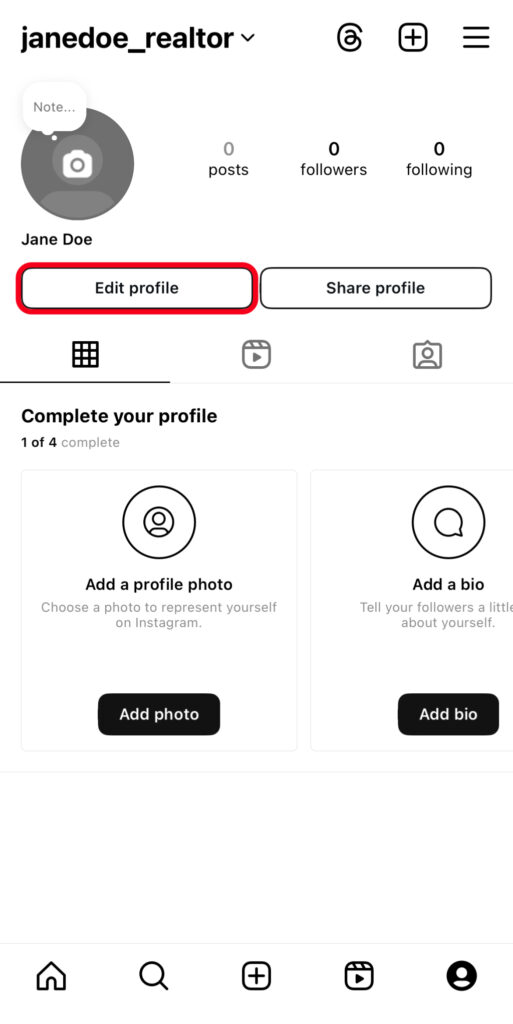
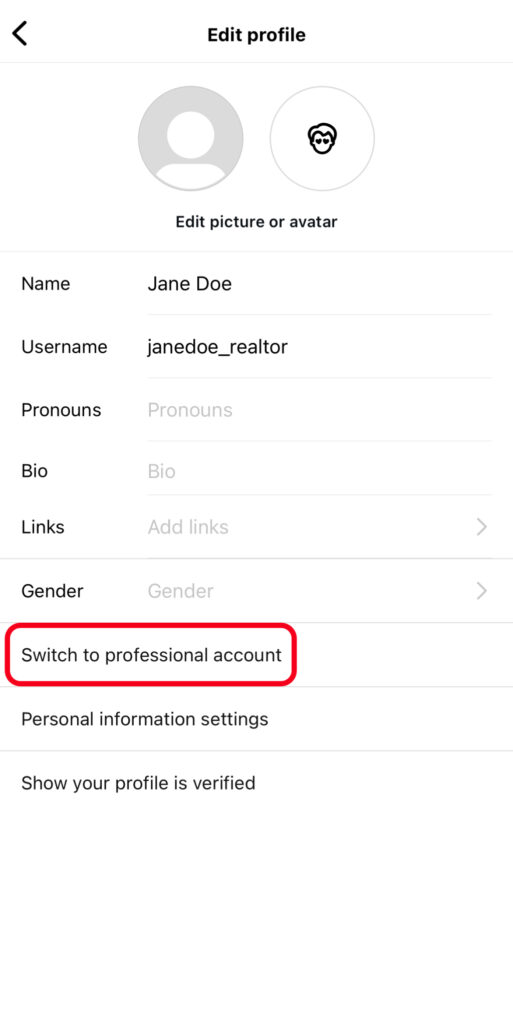
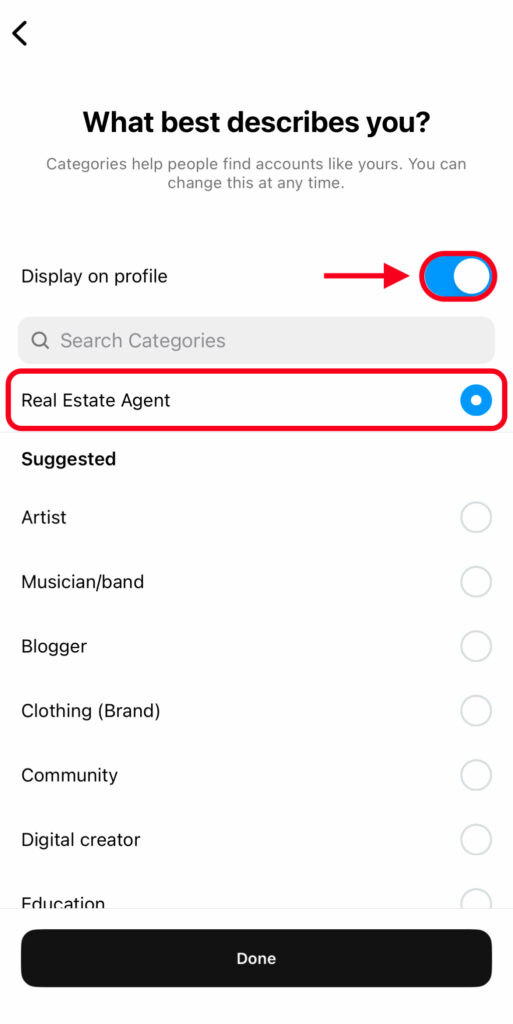
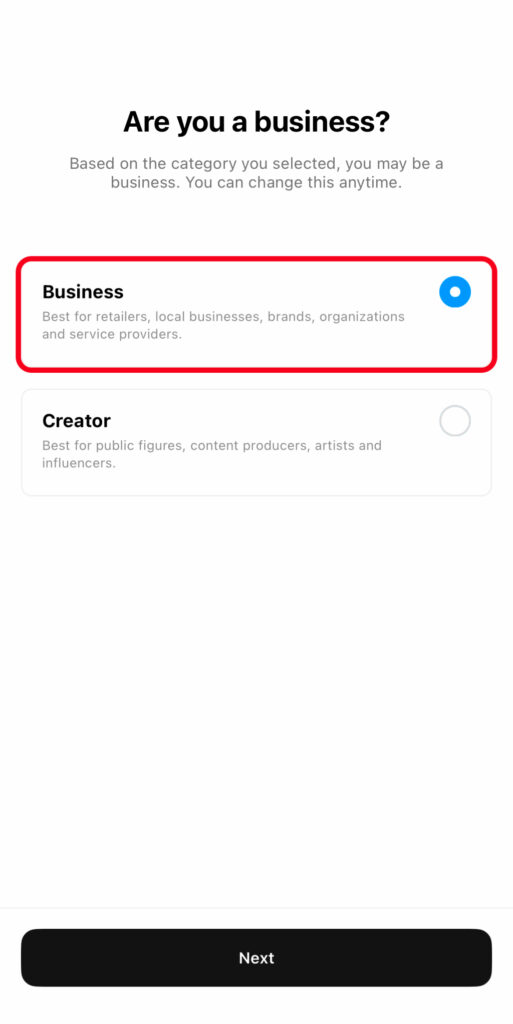
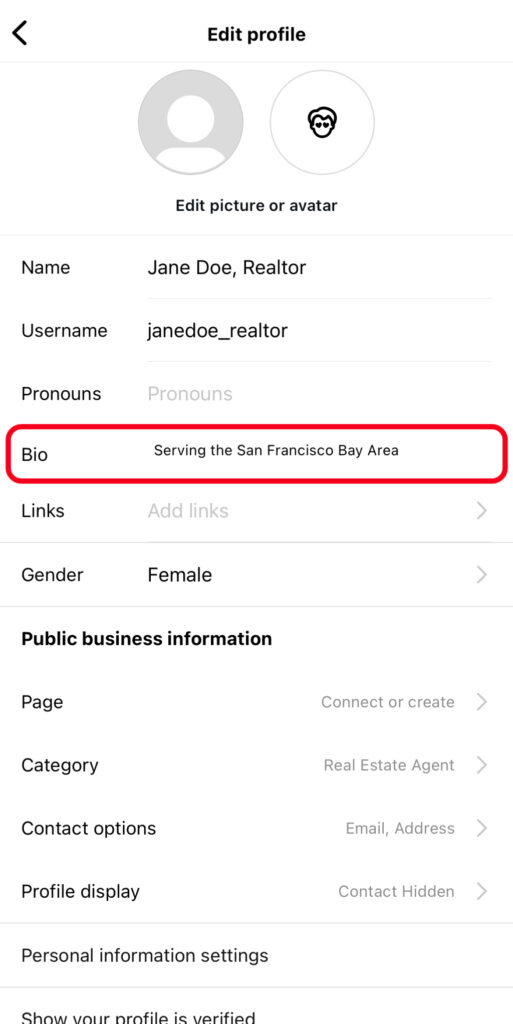
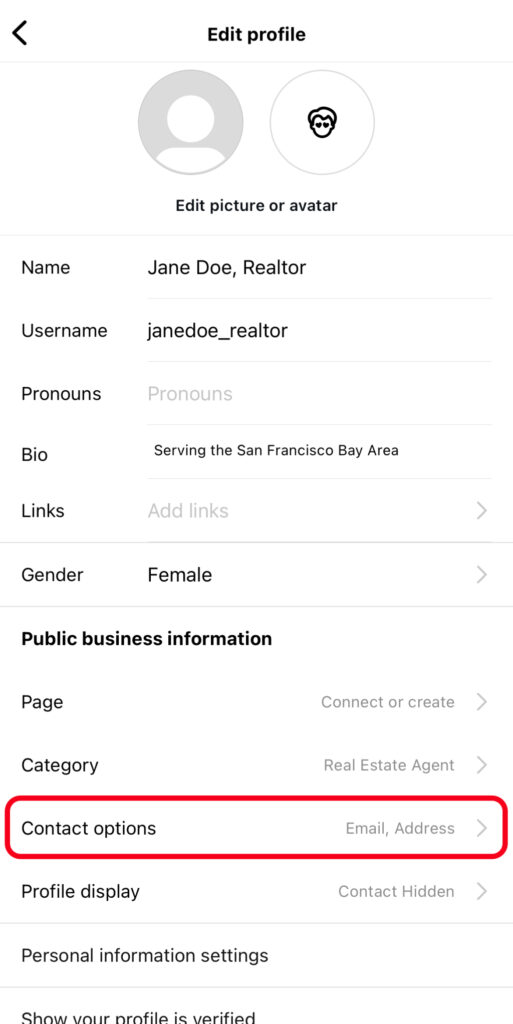
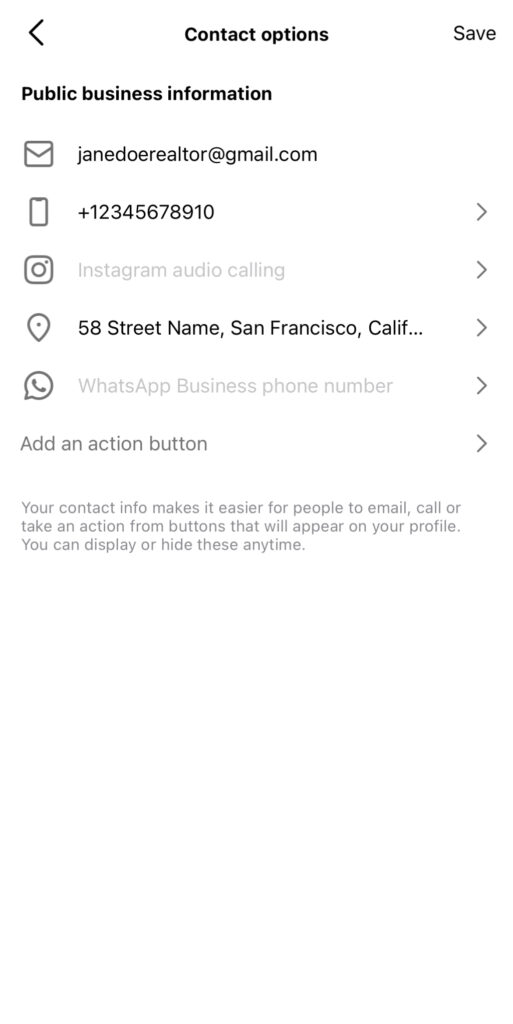
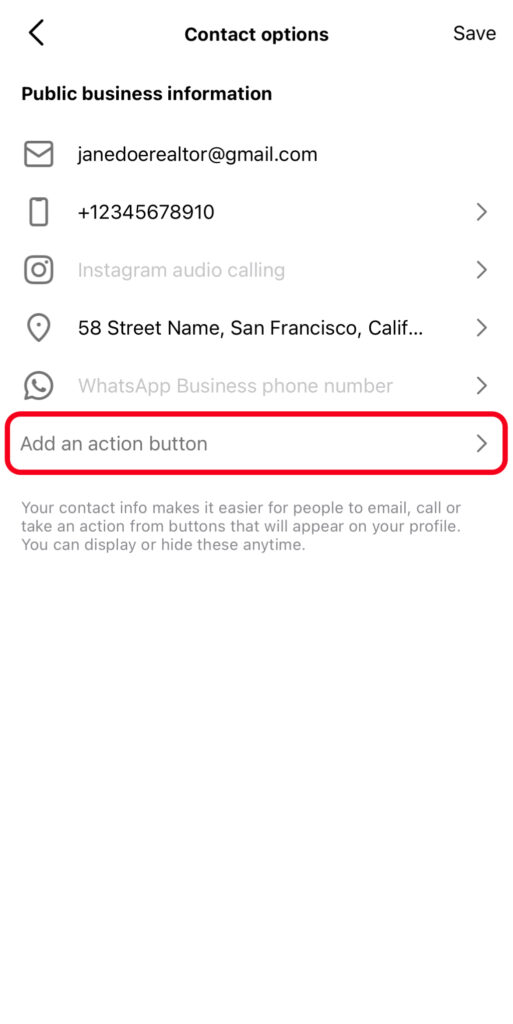
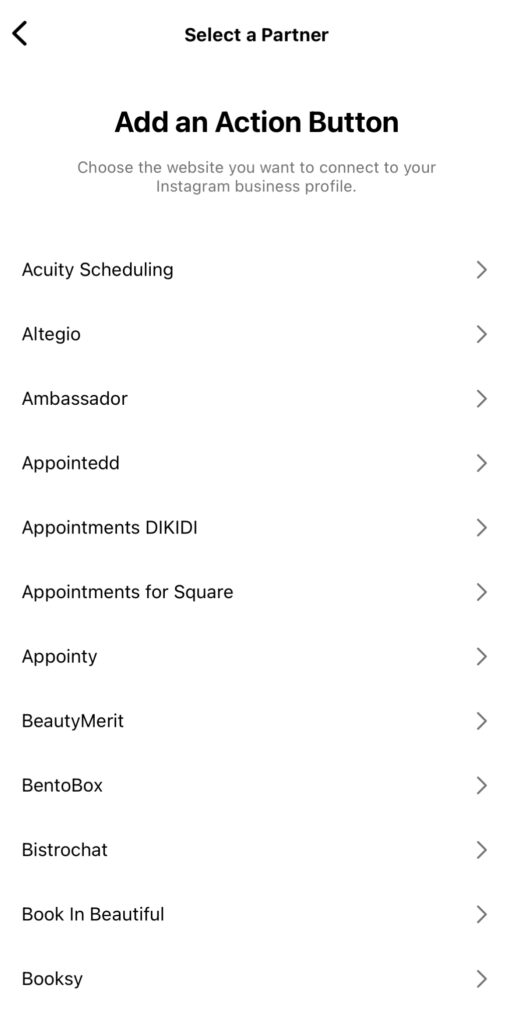


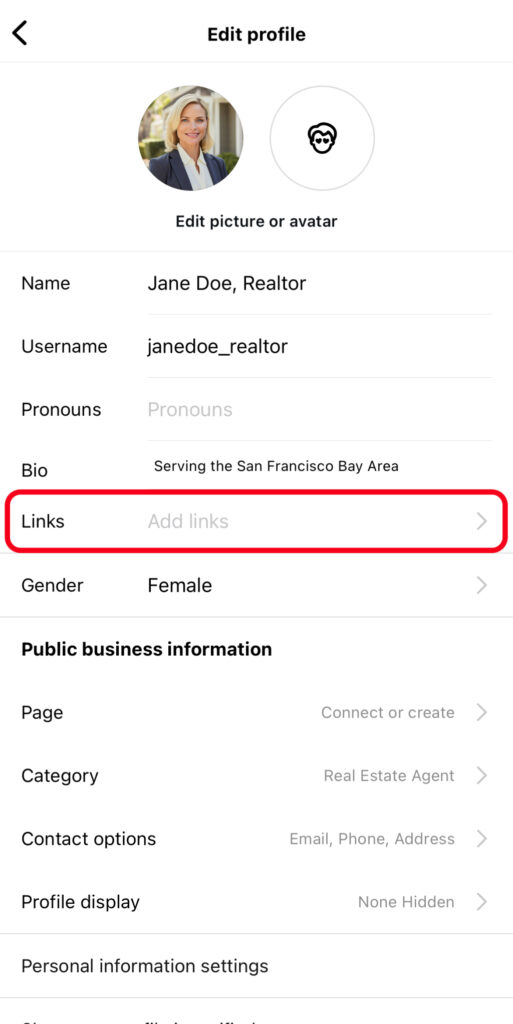
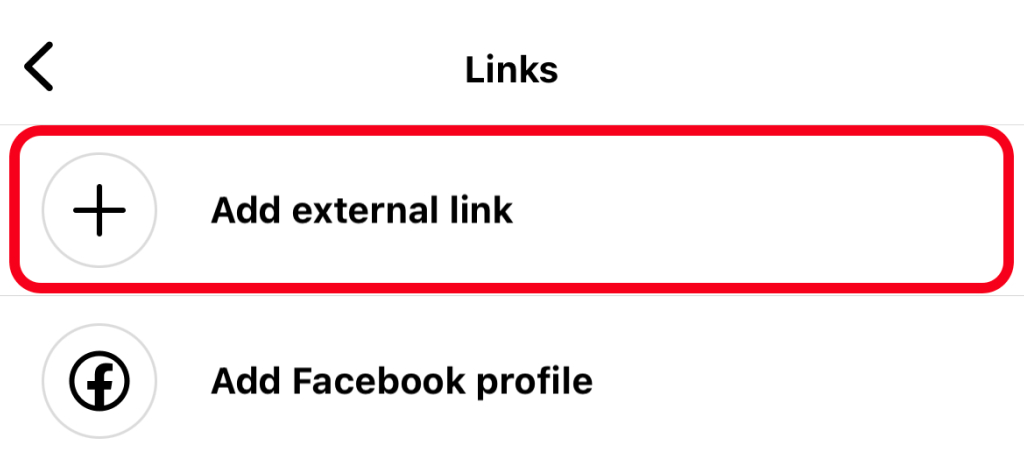
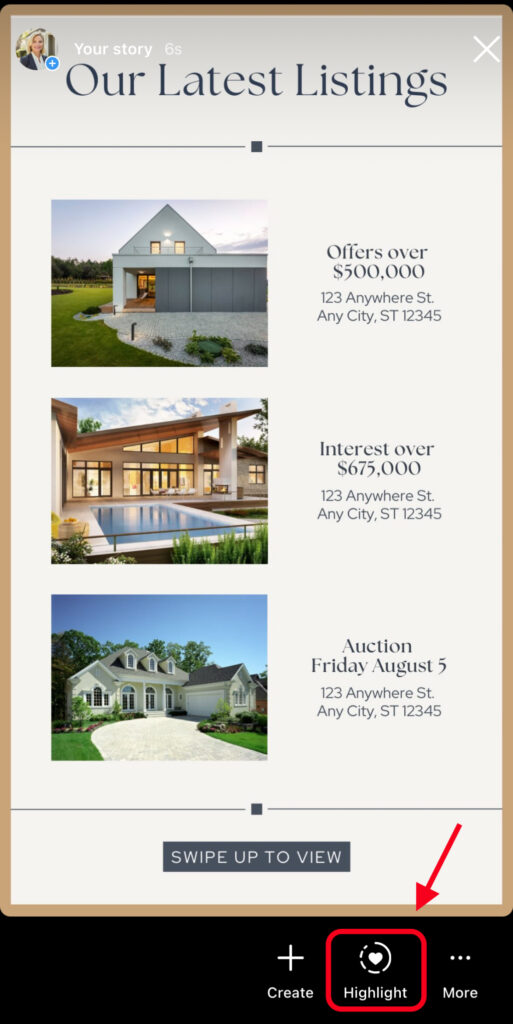
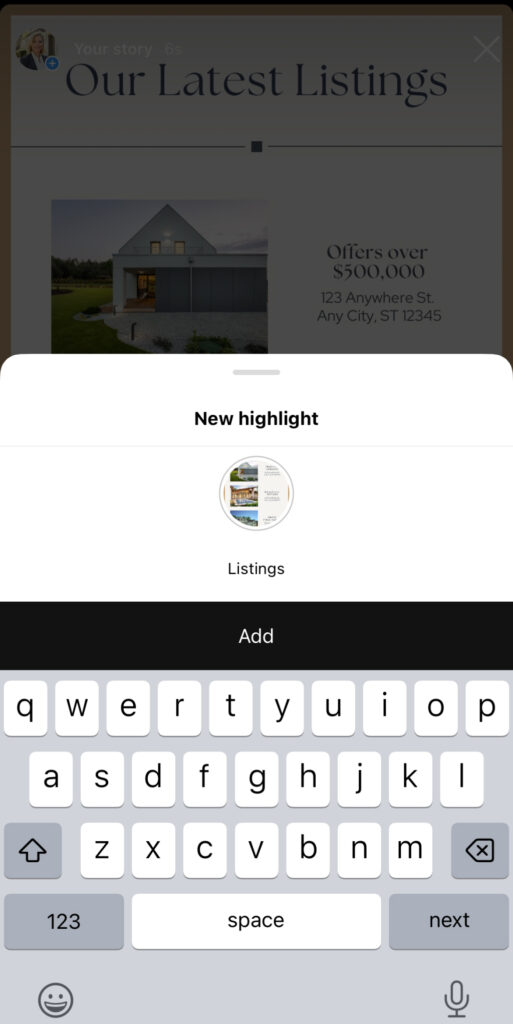
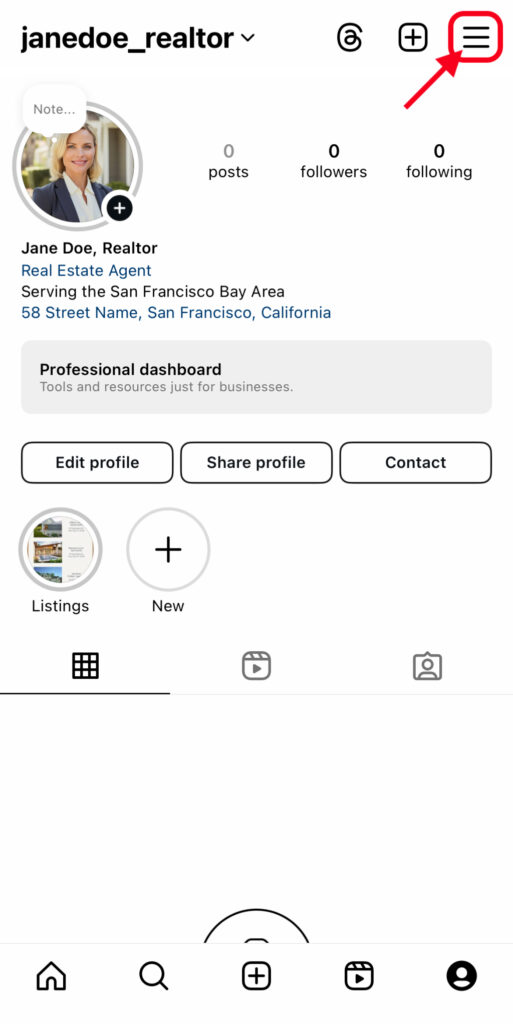
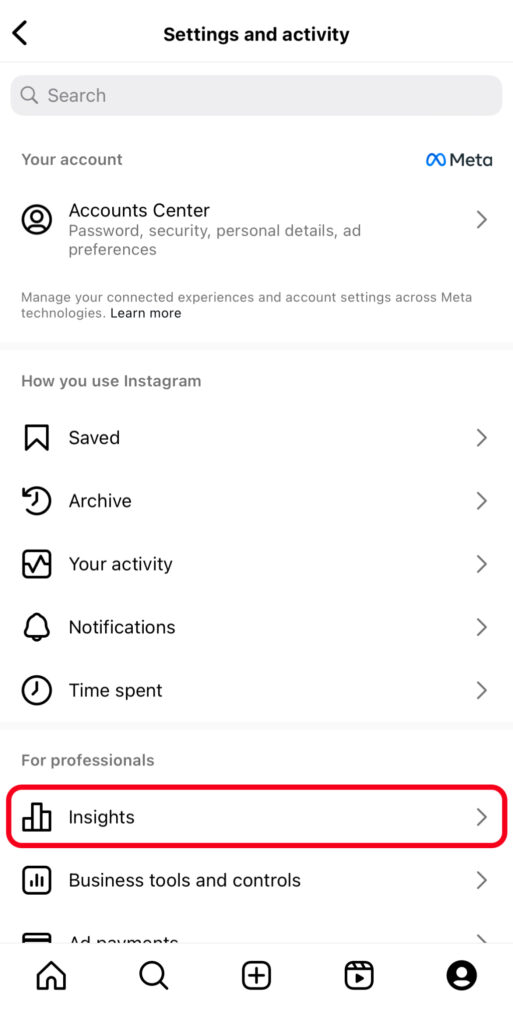
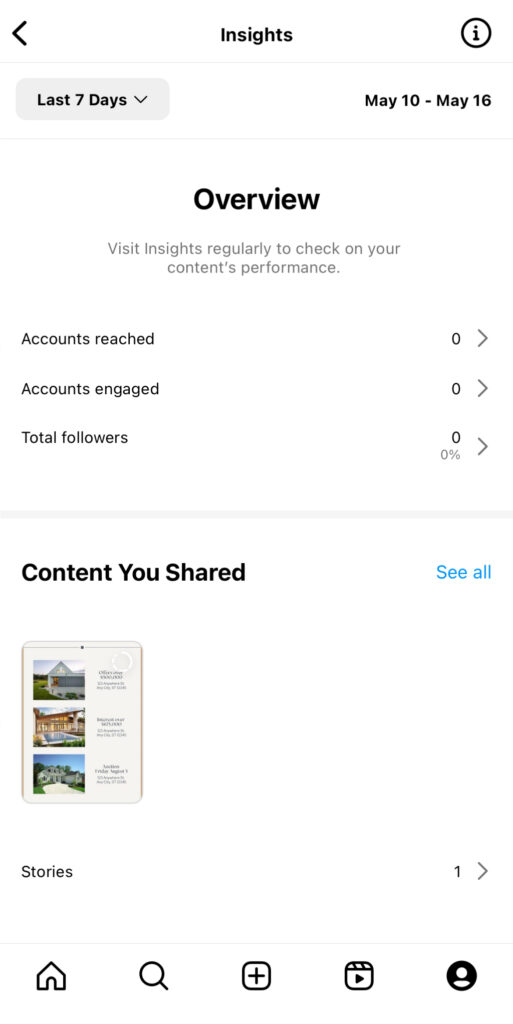
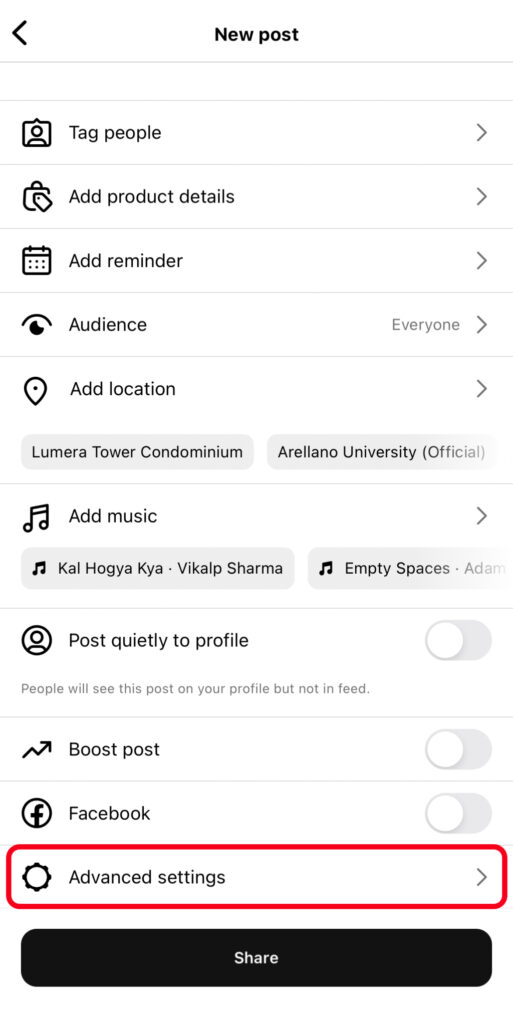
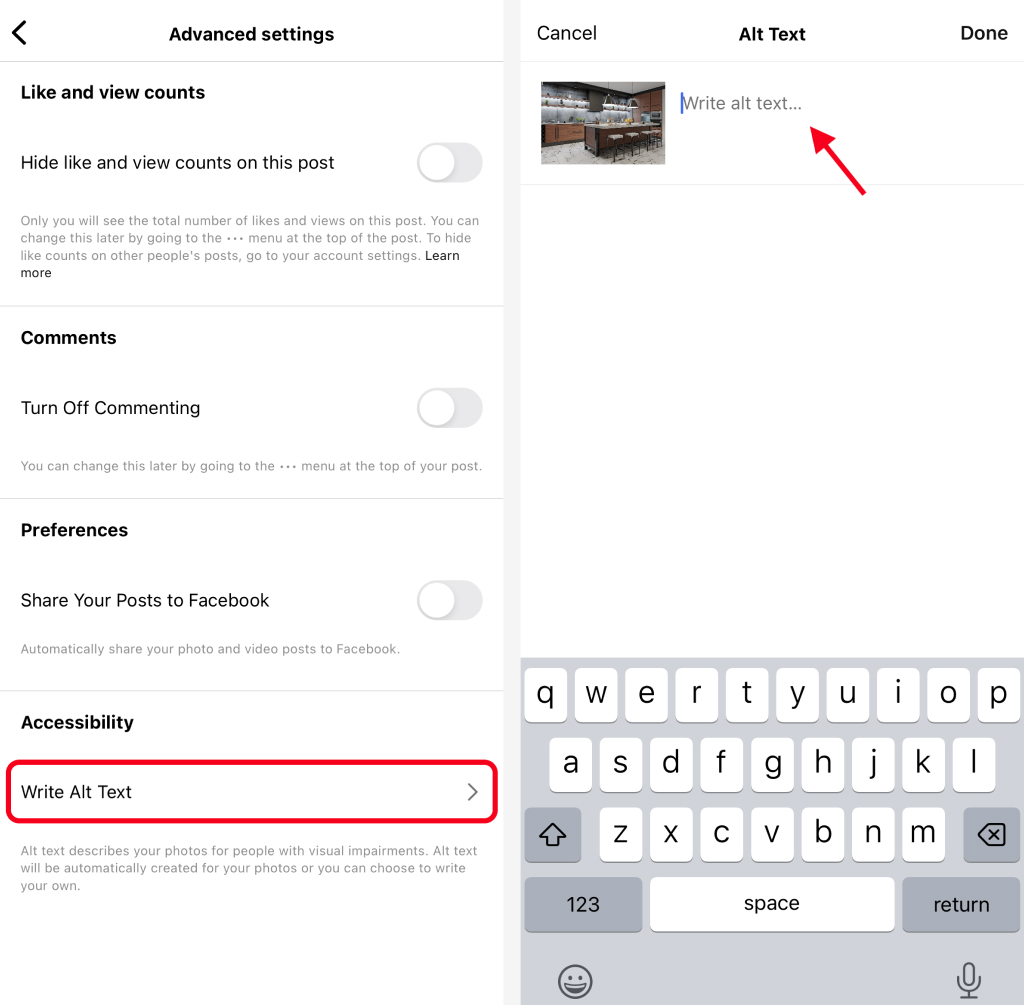





4 Comments
This is a fantastic resource that helps realtors master Instagram to connect better with clients and succeed in today’s digital world.
Thanks for sharing this informative article. It has really nice information.
Thank you for sharing this insightful blog
This article provides valuable insights into Instagram marketing for realtors! The tips on creating engaging content and utilizing stories effectively are especially useful for showcasing properties and connecting with potential clients. I appreciate how you emphasized the importance of authenticity and community engagement, which can truly set realtors apart in a competitive market. Thanks for sharing these practical strategies!